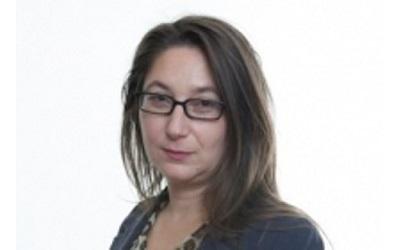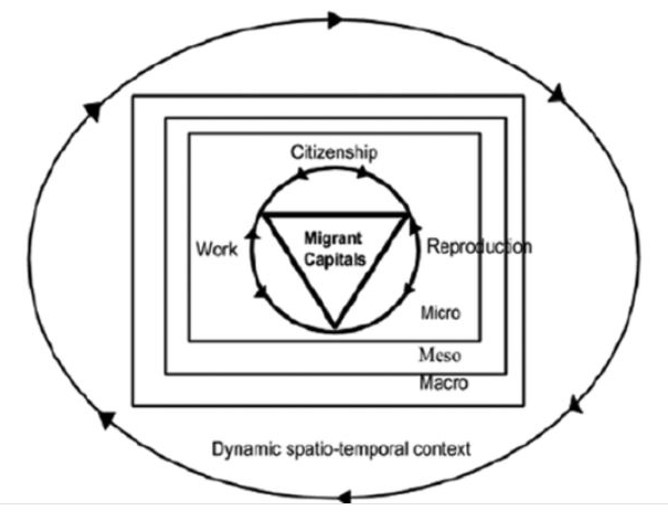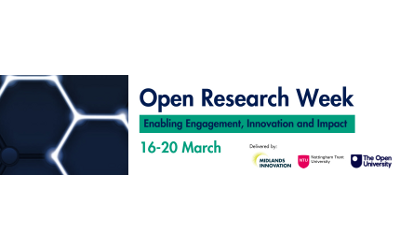Day 219, Year of #Mygration: How time and place matter for migrants’ social mobility

In today’s post, Dr Umut Erel, a Senior Lecturer at The Open University, explores how migrants’ cultural, social and economic resources impact on their settlement in the countries of destination.
How do migrants make the most of their cultural, social and economic resources in the new country in which they live? What difference do migration policies at the time make?
In a recent article, Migrant Capitals: Proposing a Multi-Level Spatio-Temporal Analytical Framework, with my colleague Professor Louise Ryan from the University of Sheffield, we explore these questions and put forward a framework that helps to make sense of spatiotemporal context. This context, we propose needs to be explained on the micro level of personal biography, on the meso level of social networks and the macro-level or socio-political structure, both in the societies they come from, they live in and globally.
Migrants routinely experience a mismatch between the qualifications and cultural resources they bring with themselves and the new place where they settle. An analytic framework that takes into account changes over time and place, migrants' resourcefulness as well as societal factors hindering or helping them to make use of their resources can help us to understand the limitations, opportunities and also setbacks migrants experience when they seek social mobility in the new country.
Many people assume that migration follows a linear route, where settlement is followed by learning the language, familiarising with the culture and reaping the benefits of this through access to better employment and earnings. However, migration scholars find that there is no such automatic upward mobility. Instead, it is important to explore which factors can help or hinder migrants' social mobility.

While we provide in-depth case studies in the article, here, let me summarise what we have found by looking at both EU migrants and those from outside the EU who have not enjoyed the same rights to migration and European citizenship. Time is lived on the micro-level of personal biography, on the meso-level of networks and the broader macro-level of socio-political structures. To understand how migrants mobilise their cultural, social and economic resources for social mobility, we need to examine how they build these resources in the fields of work, family and citizenship.
Firstly, our analytical framework highlights interconnections across these micro, meso and macro levels. For example, wider macrostructures such as professional accreditation and language requirements, within the field of work, impact on how migrants develop strategies to build networks and overcome de-skilling by building new cultural capital, such as professional credentials in the destination society.
Second, our framework shows that migrants' strategies and positionings operate across different fields. For example, among our interview participants, we have found that within the field of family, caring for children may be an obstacle to migrant women accessing the labour market and building economic capital. Nonetheless, over time, through the life course, some migrants may be able to build networks around their children’s school which may foster greater knowledge and understanding of the destination society. These interactions can help them enhance their employment opportunities, and therefore help to build their economic capital. Economic capital can also help them to build cultural capital for their children's education and future employment.
Third, we can also see that synchronicity between individual biography, family time and broader socio-political contexts is essential. When people's lifecourse is in tune with opportunities to migrate, access employment opportunities and combine this with raising families, they can build their cultural, social and economic resources for social mobility matter.
Finally, our framework shows how key resources, such as citizenship structure migrants' opportunities and strategies for social mobility. The ability to migrate and settle, with access to work and social welfare, is dependent upon citizenship status, this is structured by hierarchies of rights and entitlements, often along the lines of racialization and class, which is shaped by gender differences as well. However, who can make use of these rights depends on historical context: for example, since the 1990s, EU citizens were able to migrate freely to the UK, but now in the context of BREXIT, we see their rights to migrate and reside in the UK are changing over time.
In a fast-changing world, social mobility is not limited to people living solely within one nation's borders any more. To better comprehend how social mobility works in a transnational world, we need a more dynamic way of understanding how migrants are enabled to – or hindered from – using their cultural, social and economic resources for social mobility. By using a multi-level, spatiotemporal framework, we can make a step in that direction.
Contact our news team
For all out of hours enquiries, please telephone +44 (0)7901 515891
Contact detailsNews & articles

Open Research Week to spotlight innovation in 2026
Open Research Week will return from 16–20 March 2026, uniting Open University researchers and partners to explore how open practices drive engagement, innovation and societal benefit.